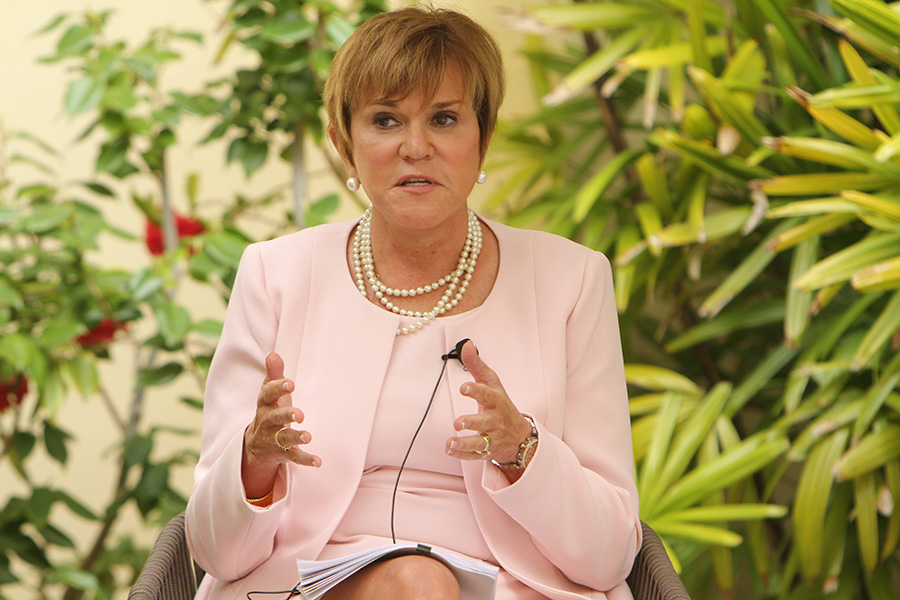The number of deaths from drug addiction is rising even as spending on the problem has grown. In many cases, patients are stigmatized, inhibiting effective care. A national standard of care is being developed to provide evidence-based protocols.
The statistics are overwhelming. Over 115 Americans die every day from opioid overdoses. One in ten deaths among working adults is related to alcohol abuse. As a result, life expectancy is dropping for the first time World War I and the 1918 flu pandemic.
And yet, the U.S. has not attacked the epidemic with the same commitment it applies to countless diseases. Instead, many medical professionals continue to regard addictions as a moral failing and do not approach it as a treatable condition.
“We don’t ask cancer patients to line up in public shame-inducing public rituals to get their medicine,” said Gary Mendel, CEO, Shatterproof. “And we don’t tell someone who has diabetes and has a relapse that you must go to jail.”
Stigma prevents many patients from receiving treatments that could save their lives, he said.
Mendell spoke at the Health Evolution Confab of Women ChangeMakers discussion, “What’s Killing Us: Deconstructing Addiction,” sharing the stage with Beth Bierbower, Segment President, Humana, and Karen Murphy, EVP & Chief Innovation Officer, Geisinger.
Mendell founded Shatterproof, a non-profit, with the goal of changing the approach toward addiction so that it will be treated with programs “based on science just as we do for any other disease.”
Karen Murphy asked the audience “to start talking about this as a disease and to de-stigmatize addiction.” The current epidemic has its roots in a change in attitudes toward pain management, she said. For many years, opioids were carefully monitored to avoid excessive dosages.
Murphy remembers the time she heard a doctor say we should treat pain as the fifth vital sign. “We became very liberal in treating pain.”
When Murphy was Pennsylvania’s secretary of health, it was a challenge she addressed every day and she believes stigma has contributed to the problem.
“When there’s a difference between a physical challenge and a mental challenge, the physical challenge is always going to win, because we know how to treat the physical challenge,” she said, urging the audience to help de-stigmatize addiction.
One of the missing factors is a coordinated effort to assemble evidence of successful treatment programs. Shatterproof has been working to fill that void and assemble data showing the quality of care in all 14,000 treatment programs in the United States. It has also worked to advance the National Principles of Care for addiction to establish a standard for treatment. The principles have gained a commitment from over 20 leading health insurers representing over 248 million covered lives.
Mendell relayed his personal experiences with addiction, which took the life of his son. He was struck by how differently cancer patients were treated compared to those suffering from addiction. The stigma surrounding addiction has prevented millions from receiving treatments that could have saved them.
As Mendell looked at the current approach toward treating addiction, he saw that even though billions have spent on drug research, there was no consensus guiding medical professionals.
“There is no scalable system in place today. Even the government’s 1-800 hotline is broken and they know it,” he said. “What we need to do to fix it is a no-brainer.”
Shatterproof is working to help the health care community establish standard protocols for addiction care and then to build awareness.











